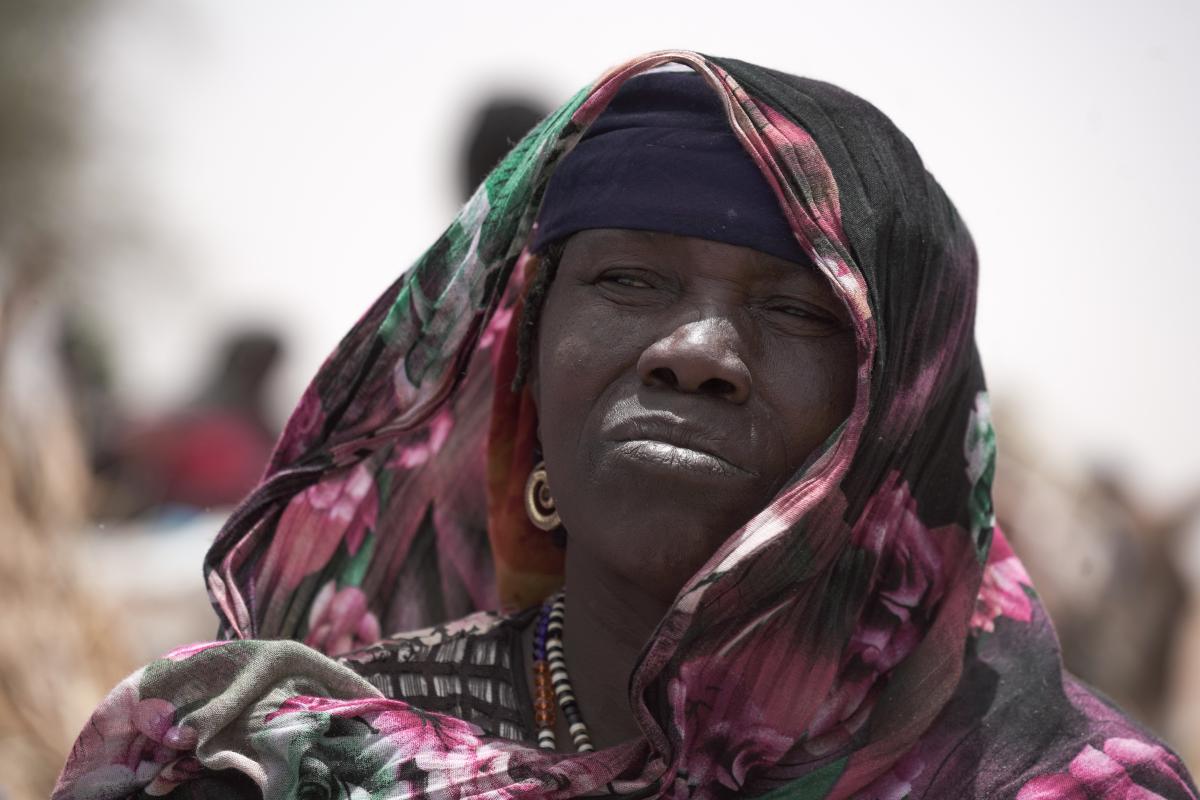This past weekend, the conflict in Sudan between the Rapid Support Forces (RSF) and the forces of the country's ruling army entered its 100th day. When the clashes began on 15 April 2023, a wind of uncertainty blew over the country, which was in the grip of violence, and it was difficult to estimate the duration and consequences of the conflict. Today, the toll is heavy. Thousands of civilians have lost their lives, and more than 3.3 million people have been forced to flee. Every day, millions more people are dependent on humanitarian aid, while it is becoming increasingly difficult to use the routes used to transport resources.
Host countries under strain
The fighting began in Khartoum, the country's capital, which quickly became depopulated as its inhabitants found themselves between the front lines, with the only option being to flee for their lives. While many people found refuge in the regions surrounding the capital, thousands left the country in search of safety. To date, Egypt has taken in more than 250,000 refugees from Sudan.
As the conflict flares up and spreads to other parts of the country, it is becoming increasingly difficult to feel safe within the country itself, with fewer and fewer areas spared by the fighting. As a result of these developments, Chad is now hosting the largest number of refugees from Sudan.
We left our village because of the war, and we're looking for a place to live in peace. There was fighting in El Geneina [capital of West Darfur] and we were afraid it would reach our villages. To save our children and our lives, we fled and came here.
Says Kaltouma Adam Khamis, who fled Misterei with her children towards Chad. More than 260,000 people have crossed the border between Sudan's Darfur region and Chad in search of safety. For these refugees, the situation in their new host country is critical. Chad already has more than 300,000 internally displaced people, and is itself facing numerous challenges in terms of security, health and nutrition. The fate of Sudanese refugees in this country, one of the poorest in the world, is uncertain, and UNHCR and its partners are working tirelessly to ensure access to the most essential services.

In addition, 142,000 South Sudanese refugees, who were welcomed in Sudan during the conflict in their country, are now being forced to return to their country of origin, despite the still volatile security situation.
In 2016, we fled South Sudan because of the crisis. We became refugees in Sudan; we wanted to be safe. And now we are fleeing again, to go back home.
Explains Malual Mayom Deng. The influx in a short space of time of a large number of refugees returning to Southern Sudan is putting additional strain on the reconstruction efforts of local communities.
Ultimately, this conflict represents a challenge for the entire region. Taking advantage of the instability and climate of violence, terrorist groups in neighbouring countries, notably Chad and Somalia, see the chaos as an opportunity to extend their influence. The spectre of having a corridor from the Red Sea to the Atlantic occupied by various armed groups represents an additional challenge to the humanitarian emergency that is already well underway.
Increasingly difficult humanitarian work
In the current context, needs are increasing every day. More and more towns and villages are short of food, water and medical supplies. The scarcity of resources is leading to a climate of crime, with looting and theft becoming increasingly common, adding to the instability already present. The work of humanitarian aid workers is also becoming increasingly difficult within the country. The Otash camp for internally displaced persons in South Darfur was attacked, killing 15 people. More and more people, even after fleeing, are struggling to find a safe place.
Numerous reports of extortion of humanitarian staff and refusal to allow workers to provide support are emerging, in breach of international humanitarian law. It is crucial that UNHCR and its partners continue to carry out their mission to support displaced people, and that their rights are respected. Civilians, the first victims of this crisis, are finding themselves in an increasingly vulnerable situation, and the international community must not relax its efforts to come to their assistance.